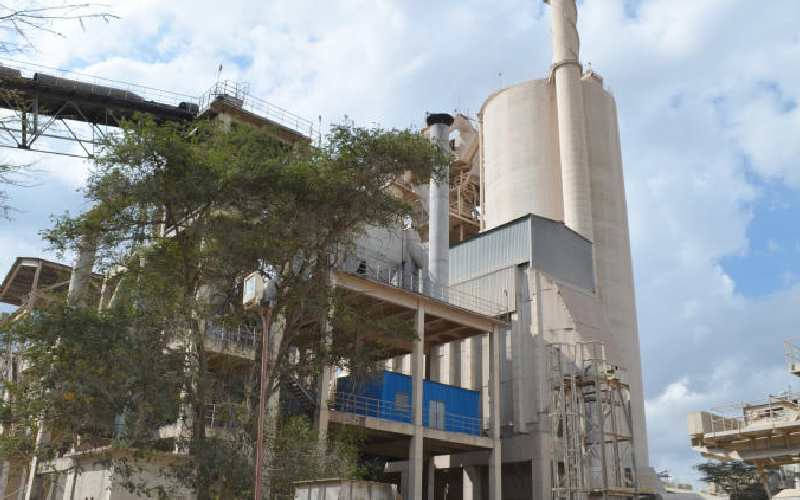×
The Standard e-Paper
Join Thousands Daily

The East African Portland Cement Company factory in Athi River. [Peterson Githaiga, Standard]
Kenya's plan to privatise scores of State-owned enterprises (SOEs) has failed to proceed as planned with only two companies divested so far out of a target of 26 in over a decade, amid mounting calls for a rethink.